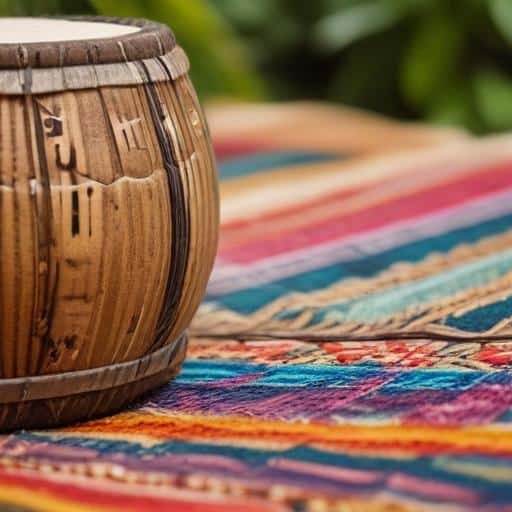HOLI is celebrated as a vibrant festivity filled with color, joy, and unity. For many descendants of girmitya in Fiji, it’s also a perfect time to relive their cultural heritage through the unique musical form of faagua chautaal. This style of music, deeply rooted in Indian traditions, was brought to Fiji by indentured laborers who sought to preserve their cultural identity.
Faagua chautaal has grown into a significant part of the Indian diasporas across many former British colonies, resonating especially in Fiji, where Indian Prime Minister Narendra Modi has spotlighted its cultural significance during his recent Mann Ki Baat radio show. Modi highlighted the connection between this beloved music and the Fijian community, underlining its ability to evoke happiness among diverse audiences.
One vibrant representative of this musical heritage is Kavish Chandra, a 21-year-old performer from Labasa, who brought the essence of faagua chautaal to life during the recent Holi Milan celebration. Despite having just begun his journey into the world of chautaal, Chandra has been inspired by his family’s rich musical legacy, tracing back to his grandparents and his father, a well-known kirtan singer in Labasa.
Chandra reflects on his early fascination with music, starting to sing along with his father by the age of two, which eventually led him to learn various instruments including the harmonium and dholak. His commitment to learning music continues at the University of the South Pacific where he studies software engineering while actively participating in musical endeavors.
Recently, Chandra, acting as the cultural president of the Indian Student Association at USP, has collaborated with fellow musicians to perform at multiple Holi events, emphasizing the importance of music as a means of building community and fostering connections among the Indian youth in Fiji. There are even exciting plans for a music festival in connection with the Diwali celebrations.
Chandra’s dedication and passion highlight the evolving music scene in Fiji, focusing on both traditional and modern expressions. His journey serves not just as a personal exploration of music but also as an inspiration for others to embrace their cultural heritage. Chandra hopes that his performances will lead to opportunities for shows abroad, showcasing the vibrancy of Fijian Indian music to a broader audience.
As he balances his academic pursuits with his musical endeavors, Chandra remains hopeful about the future, propelled by the support of his family, peers, and mentors in the community. This narrative not only emphasizes the continued relevance of cultural expressions like faagua chautaal but also showcases the power of music to connect generations and foster unity in a diverse society.

Leave a comment